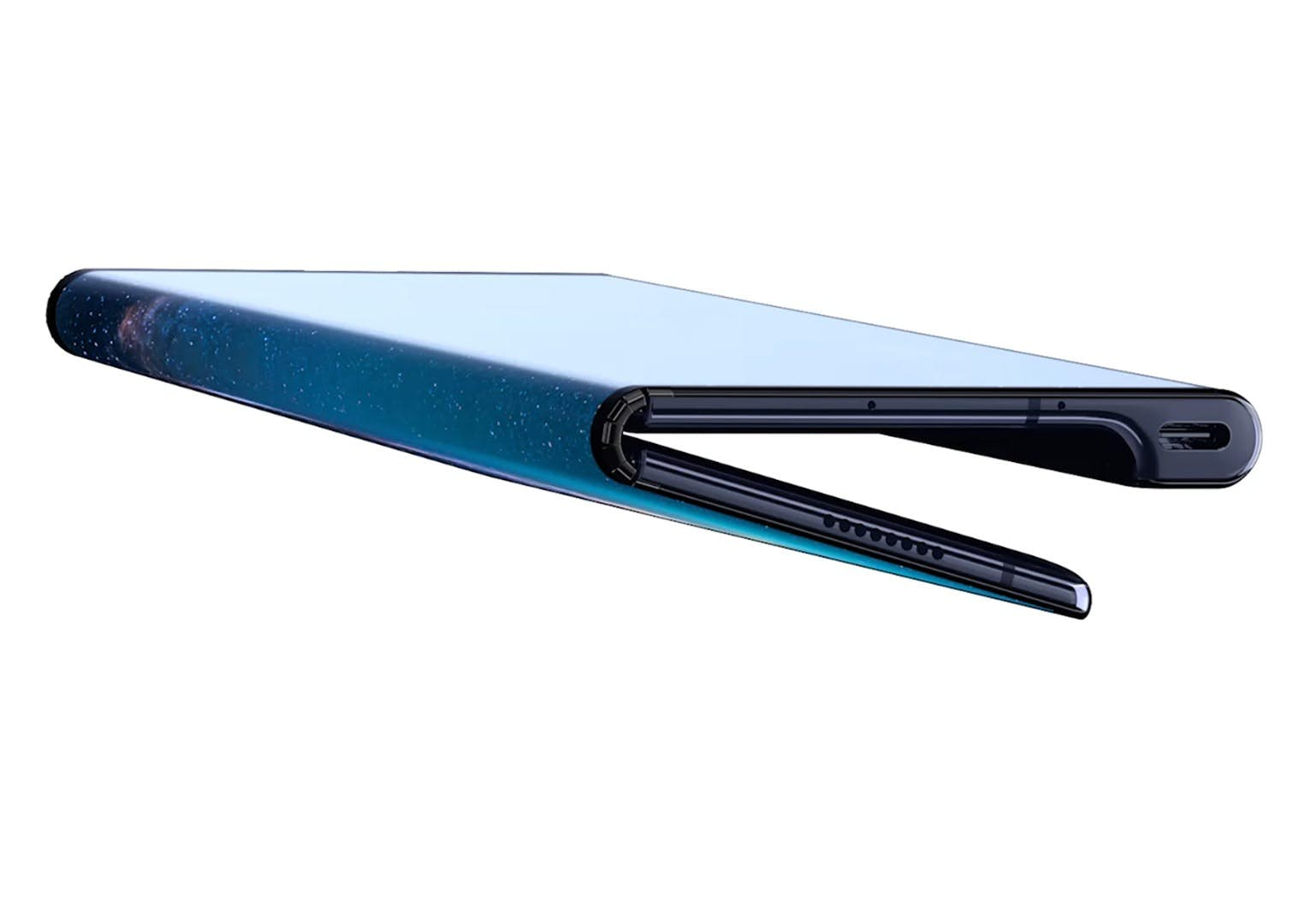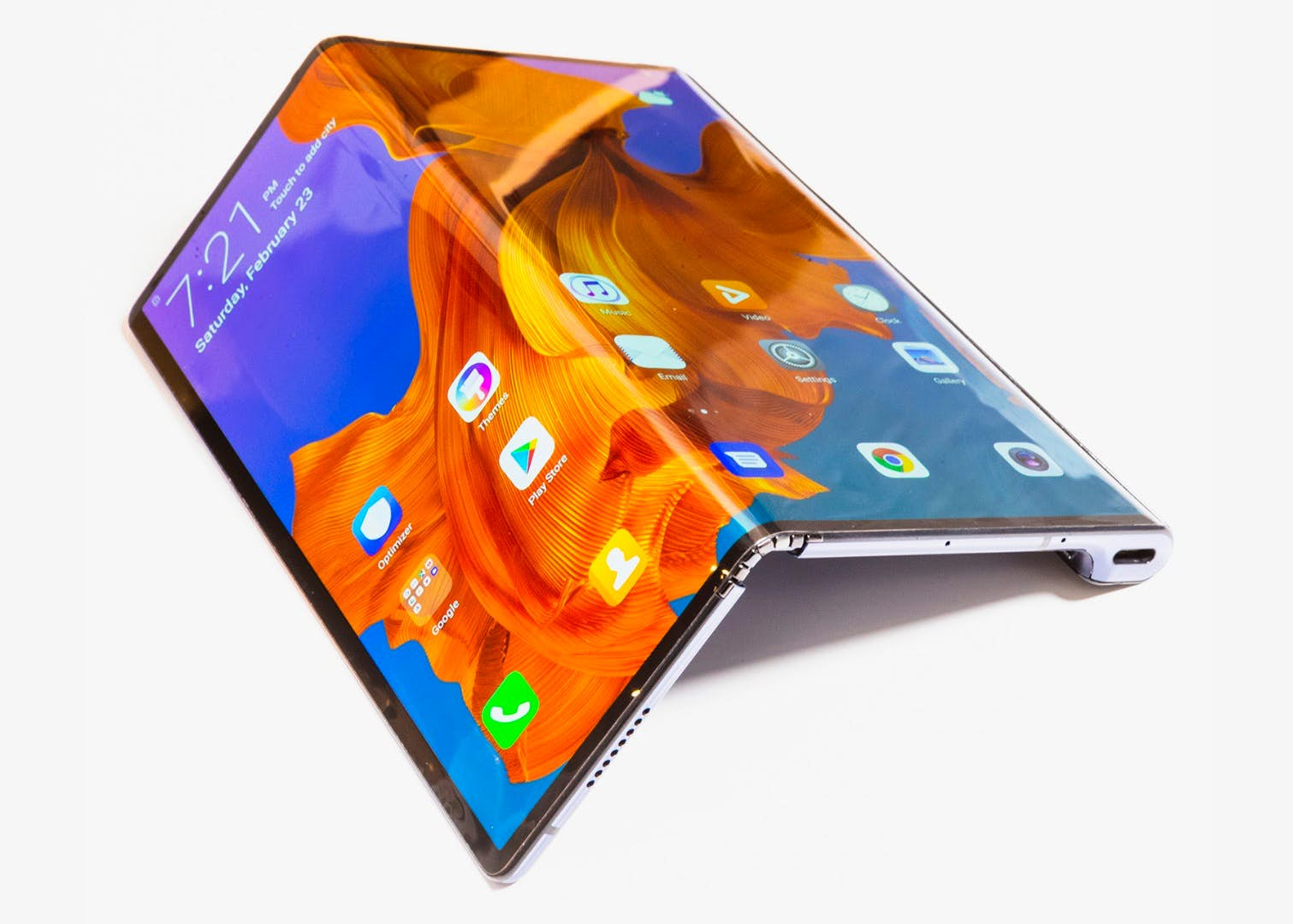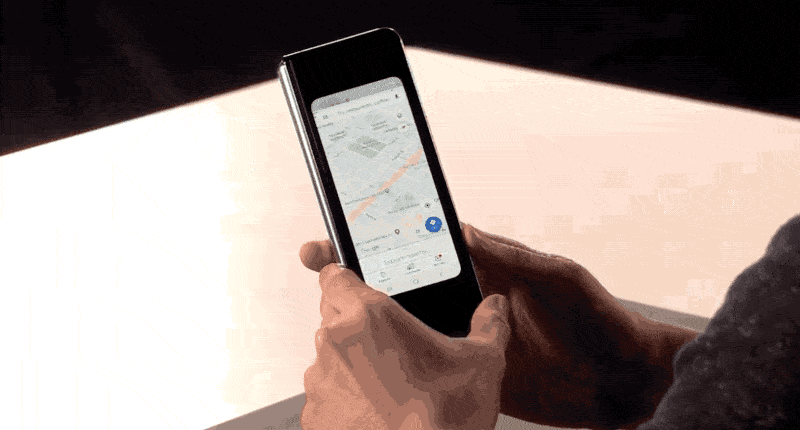At this week’s Mobile World Congress in Barcelona, phone-makers are demonstrating their folding phones. These range from the laughable (Samsung) to the desirable (Huawei), but none of them is really plausible. Why? Because nobody is going to buy a folding phone. Not now, and not in the future. At best they will be a niche product, like ruggedized laptops are now, for example.
No. The folding phone will probably never happen. But what about foldable tablets?
Nobody wants a folding phone
My thesis is that nobody wants a folding phone, nor will they ever. Even if all the kinks were ironed out, there will still be trade-offs that most people won’t be willing to make. For instance, a folding phone will always be thicker and heavier than a regular phone. Unless it uses a smaller battery to shave off the millimeters, which brings other problems.
I’ll go into the other disadvantages in a second. But before that, I’ll say that we will have popular folding devices soon enough. Only they won’t be folding phones. They’ll be folding tablets.
The problems with folding phones

Photo: Huawei
First, as I mentioned, a folding phone will suffer from design trade-offs that will put off the common phone buyer. They’ll be more expensive, and they’ll be thicker. If they’re not thicker, then the battery life will be terrible, thanks to the double-size screen.
Plus, the screens are plastic, because glass doesn’t fold. They’ll scratch, and you won’t be able to put them in a case because it would cover at least one screen, or make it impossible to fold/unfold. You could put it in a sleeve, I guess.
And think about this: Android app-makers already can’t be bothered to make proper tablet versions of their apps. Why would that change for a folding phone? You’ll be stuck running weirdly stretched apps, or two apps side-by-side, which few people need to do on a phone.
Folding iPads?

Photo: Huawei
Folding devices are more of a tablet replacement than a phone replacement. Imagine for a moment that Apple manages to make a plastic screen that feels as good as glass, and a hinge mechanism that is slim, strong and durable.
In this case, there’s one huge advantage to a folding iPad. It can be folded up and put in a pocket. Try that with any other iPad, even the iPad mini. You could even have a double-size iPad that opened out to a massive movie-size screen.
Instead of thinking of these hinged screens as phones that can fold out, think of them as collapsible tablets. The added bulk isn’t a problem, because the folded package is more portable than a regular iPad. In this scenario, a slip-cover is no problem. And having a smaller screen that you can use to quickly check something without unfolding? Also great.
What’s the difference?

Photo: Samsung
My distinction here might seem pointless. After all, what’s the difference between a phone that gets bigger and a tablet that gets smaller?
But I’d say that it’s pretty important. If manufacturers try to squeeze folding screens into phones, they’ll find that nobody buys them. But if they forget trying to make these things tiny and thin when folded, and instead concentrate on making them huge and awesome when open, they could be onto a winner.
It’s a small difference, but it could make all the difference.
![Nobody wants a folding phone anyway. But folding iPads? [Opinion] Folding iPhone 2](https://www.cultofmac.com/wp-content/uploads/2019/02/ezgif.com-optimize.gif)

